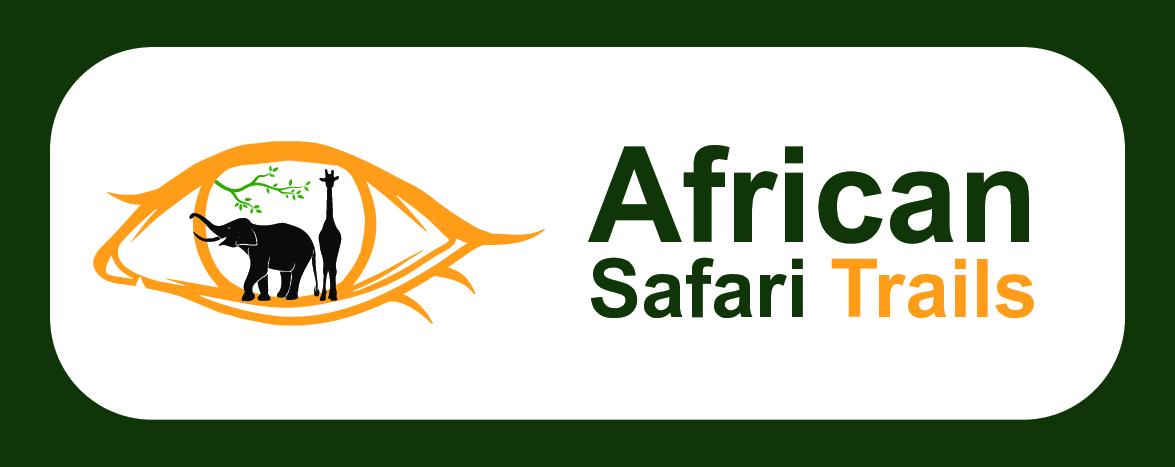Rwanda has emerged as a global model for conservation-focused tourism, particularly through its efforts to protect the endangered mountain gorilla. With numbers once dwindling due to poaching, disease, and habitat loss, the mountain gorilla population has seen a remarkable recovery in recent decades. Central to this success is Rwanda’s visionary approach to expanding gorilla habitats in tandem with promoting sustainable tourism. This strategy ensures not only the long-term survival of the species but also the well-being of surrounding communities and the preservation of the broader ecosystem.
The cornerstone of gorilla conservation in Rwanda is Volcanoes National Park, a high-altitude sanctuary nestled in the Virunga Mountains. This park has been the focal point of both gorilla protection and tourism. However, increasing gorilla populations and rising tourist interest have brought new challenges. The existing protected area has become increasingly crowded for both wildlife and visitors, raising concerns about ecological strain and the potential for human-wildlife conflict.
To address this, Rwanda launched an ambitious initiative to expand Volcanoes National Park by approximately 23%. This expansion involves acquiring land from surrounding communities and restoring it to native forest. The goal is to enlarge the gorilla habitat, reduce stress on existing groups, and create buffer zones that ease the interface between wildlife and human activity. The reforestation effort includes planting thousands of indigenous trees and creating wildlife corridors that allow gorilla families to move more freely across a broader territory.
Crucially, this initiative does not come at the expense of local communities. Instead, Rwanda’s government has integrated community-inclusive models into the expansion process. Local residents are being compensated fairly for their land and are given opportunities to participate in reforestation, eco-tourism, and related employment. Many are also being resettled into new, sustainable villages with access to education, healthcare, and clean energy. This approach ensures that the benefits of conservation extend beyond the park’s borders and foster a sense of shared ownership and stewardship.
Expanding the gorilla habitat directly supports sustainable tourism, one of Rwanda’s most important economic sectors. Gorilla trekking is a premium activity, with permits deliberately priced to limit tourist numbers and minimize environmental impact while generating high-value revenue. A significant portion of tourism earnings is reinvested into conservation and community projects. With a larger habitat, the park can support more gorilla families, potentially allow for more trekking routes, and reduce the pressure on individual groups, enhancing the visitor experience without compromising animal welfare.
Moreover, the habitat expansion bolsters biodiversity beyond just gorillas. Volcanoes National Park is home to golden monkeys, forest elephants, endemic birds, and a variety of plant species that benefit from a larger, more connected ecosystem. As the forest regenerates, it will also improve carbon sequestration, contribute to climate resilience, and protect vital water sources for both people and wildlife.
Rwanda’s integrated vision demonstrates that wildlife conservation, economic development, and community well-being can coexist and strengthen one another. By expanding gorilla habitats and investing in sustainable tourism, the country is not only protecting an iconic species but also setting a standard for responsible tourism across Africa.
